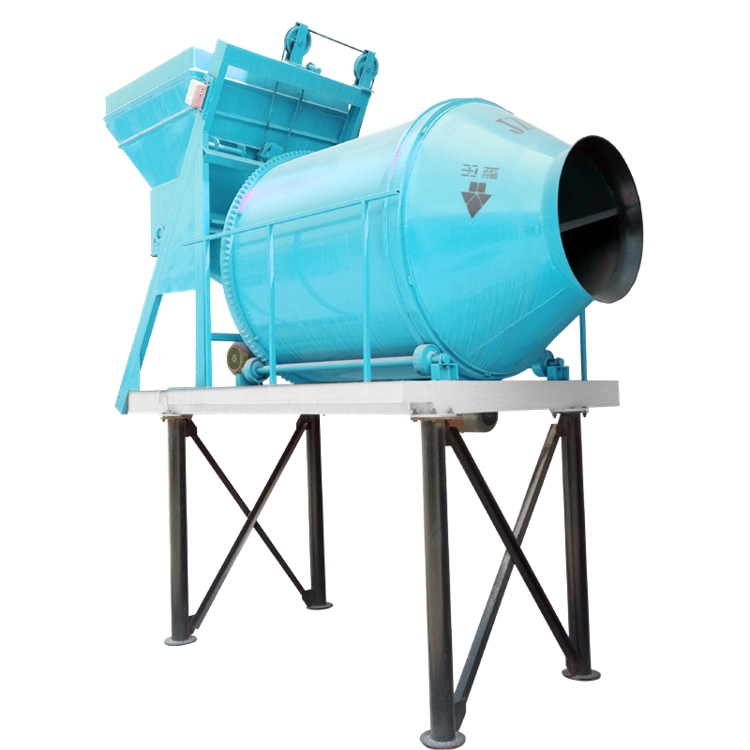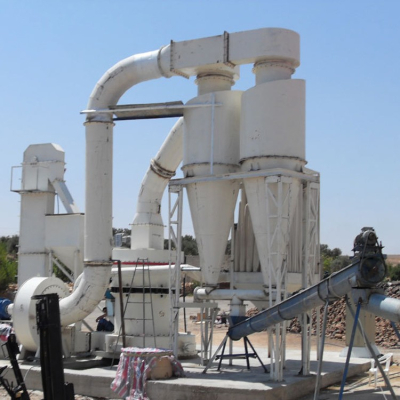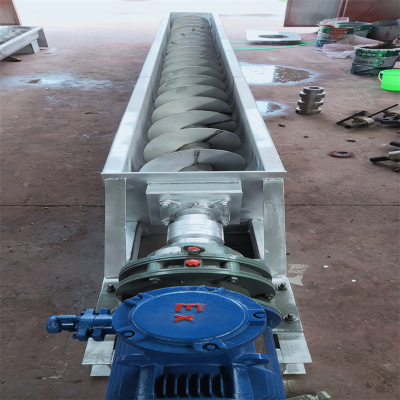The benefits of organic fertilizer
As we all know, for a long time, we only use chemical fertilizers for farming, resulting in many problems in the soil, and even serious points have jeopardized our living environment. At present, China vigorously advocates the application of organic fertilizer, that is, fertilization should be combined with organic fertilizer and inorganic fertilizer (fertilizer), which has the following advantages: fertilizer nutrient content is high, fertilizer efficiency is fast, but the duration is short, the nutrient is single, organic fertilizer is the opposite, organic fertilizer and fertilizer mixed use can learn from each other to meet the needs of nutrients in each growth period of crops. After fertilizer is applied into the soil, some nutrients are absorbed or fixed by the soil, which reduces the availability of nutrients. However, mixed application with organic fertilizer can reduce the contact surface between fertilizer and soil, reduce the probability of fertilizer being fixed by the soil, and improve the availability of nutrients. General fertilizer solubility is large, the application of high osmotic pressure on the soil, affecting the absorption of nutrients and water by crops, increasing the chance of nutrient loss. If it is mixed with organic fertilizer, it can promote the absorption of nutrients and water in crops. If a single application of acid fertilizer is applied to alkaline soil, after ammonium is absorbed by plants, the remaining acid roots combine with hydrogen ions in the soil to form acid, which will lead to increased soil acidity and soil compaction. If it is mixed with organic fertilizer, it can improve the buffer capacity of soil and effectively adjust the pH. Because organic fertilizer is the energy of microbial life, fertilizer is the inorganic nutrition that supplies microbial growth and development. The combination of the two can promote the vitality of microorganisms, and then promote the decomposition of organic fertilizer. The vitality of soil microorganisms can also produce vitamins, biotin, nicotinic acid, etc., increase soil nutrients, improve soil vitality, and promote crop growth.





